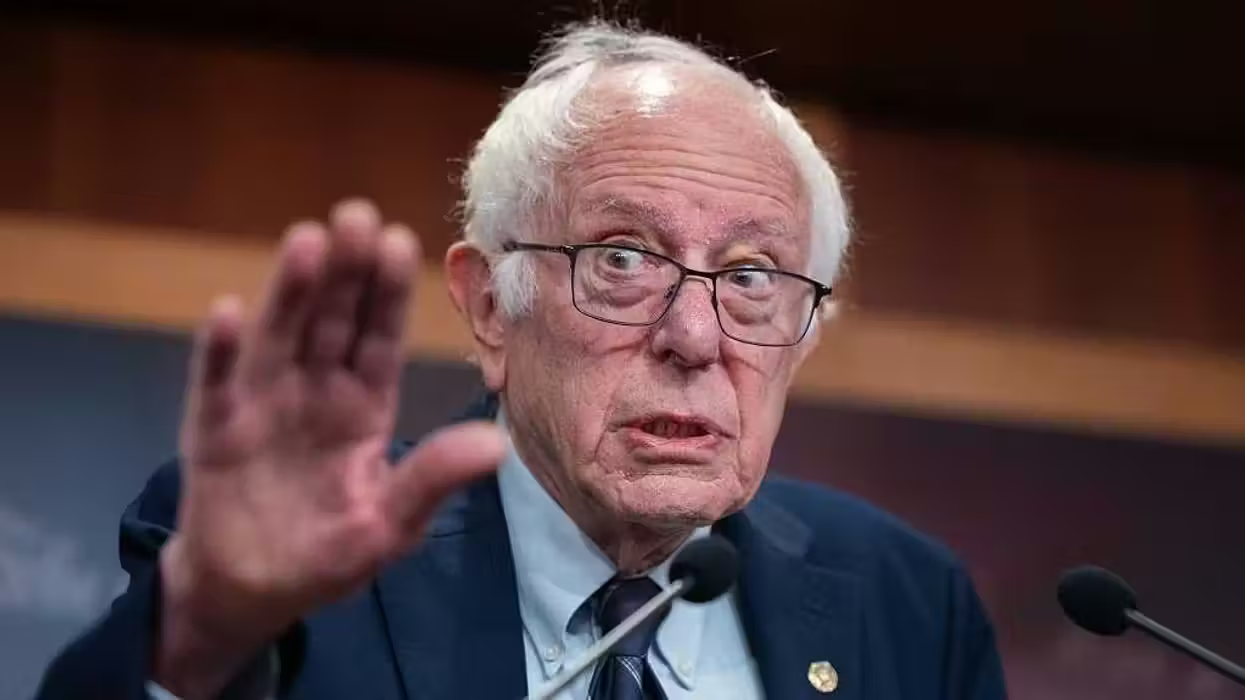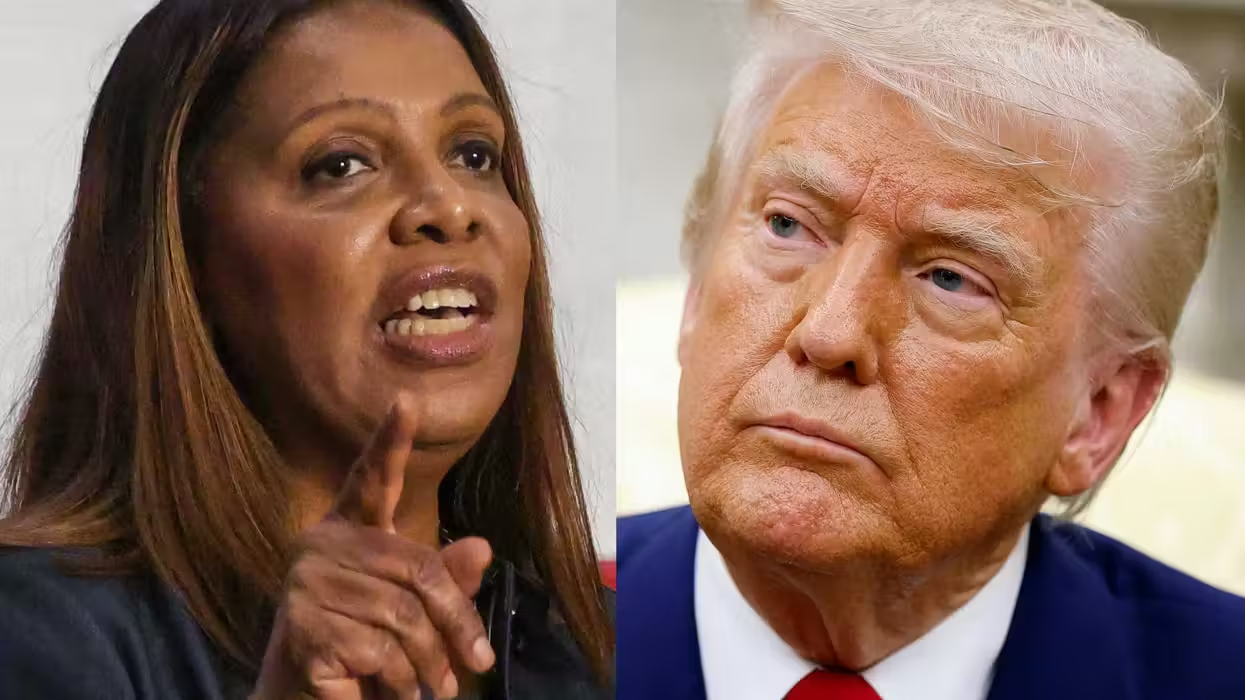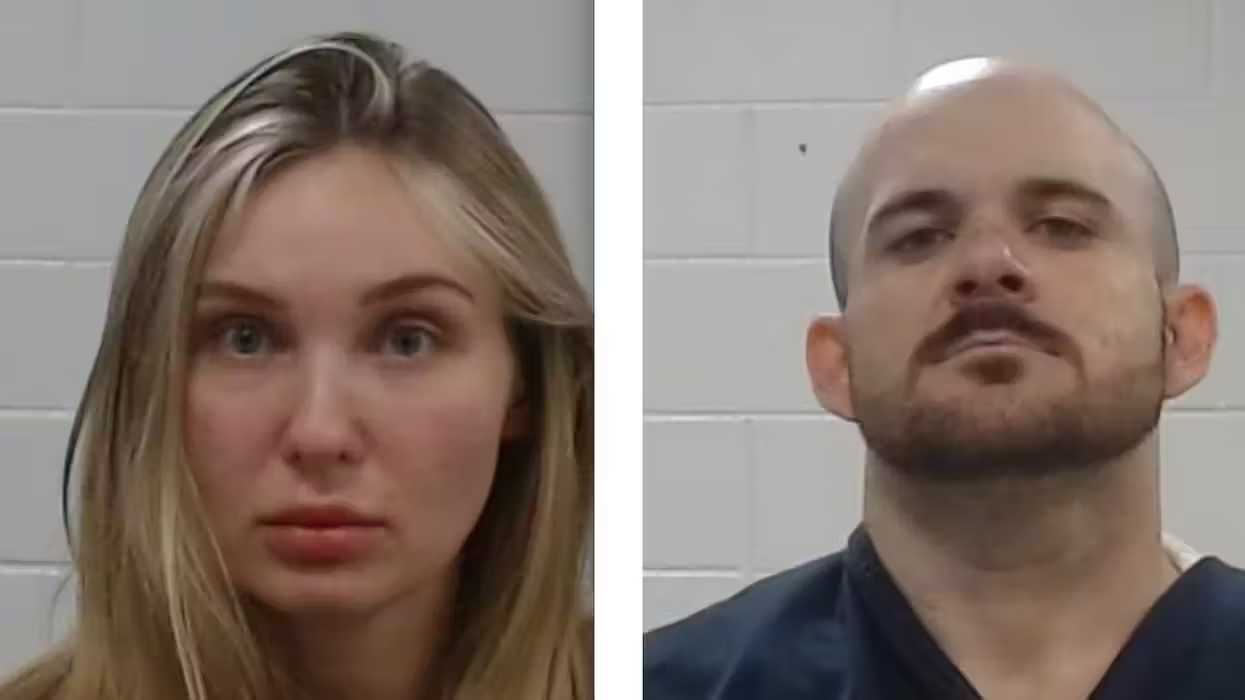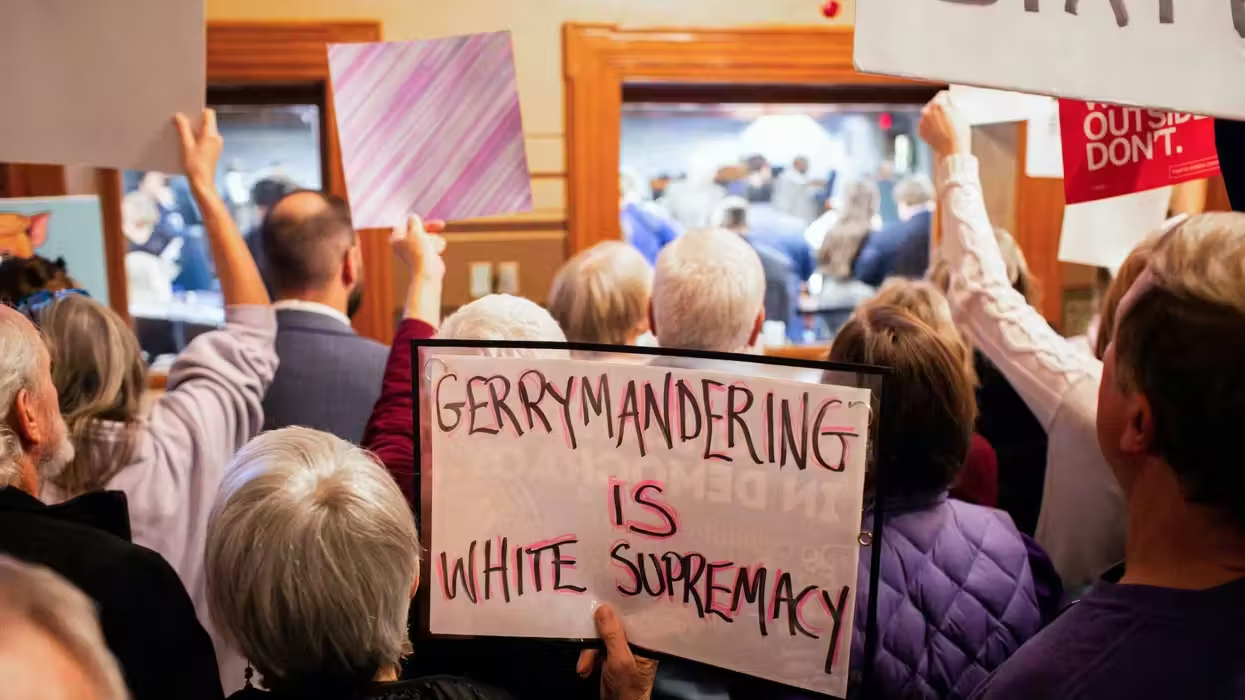© 2025 Blaze Media LLC. All rights reserved.
Fast and Furious IG Report Blasts ATF Phoenix Officials, Who Claim Higher-Ups Approved Operation
August 27, 2012
The Inspector General (IG) draft report on "Operation Fast and Furious" places most of the blame for the failed program on the Phoenix-based Bureau of Alcohol Tobacco and Firearms (ATF), sources familiar with the document told CBS News. However, Phoenix ATF staffers also argue they had approval from high-level officials.
The IG report is the result of a year and half internal investigation into the failed federal gunrunning operation. The report looks at Fast and Furious, initiated under the Obama administration, and the George W. Bush-era gun-tracing operation known as "Wide Receiver." While the aim of both operations was to allegedly track the guns and dismantle large Mexican drug cartels, both ended up losing track of the weapons and allowed them to "walk" into the hands of the ruthless cartels.
The IG's report is expected to be released to the public in a matter of weeks.
Sources familiar with the contents told CBS News that ATF officials in Phoenix deserve most of the blame, including then-Special Agent in charge Bill Newell, the lead case agent for Fast and Furious agent Hope MacAllister and group supervisor David Voth.
This is where it gets interesting. ATF officials in Phoenix are claiming that their superiors at ATF headquarters and the U.S. Department of Justice approved of the operation, something that Attorney General Eric Holder and his department have denied.
CBS News has the exclusive on the story:
Since the controversy was first exposed, a divide has developed between the ATF staff in Phoenix who oversaw and implemented Fast and Furious; and their supervisors at ATF headquarters and the Justice Department. The Phoenix officials say higher-ups approved of the case. But the higher-ups say it was all the brainchild of rogue ATF officials in Phoenix.Phoenix ATF officials tell CBS News that higher-level officials were integral in shifting focus away from arresting ground level gun buyers, to "a cartel focused strategy" that allowed guns hit the streets in an attempt to make a bigger case. They say the idea was codified in the September 2010 ATF document "Project Gunrunner-A Cartel Focused Strategy." The document refers to using the tactic of "limited or delayed interdiction" of guns, while cautioning that such investigations "must be closely monitored."
When that document was published, Fast and Furious was already ten months old, and hundreds of weapons had fallen into the hands of traffickers for Mexican drug cartels with no arrests. Fast and Furious weapons were turning up at crime scenes across Mexico. Two would later be found at the murder scene of Border Patrol agent Brian Terry.
As alleged proof that they had the blessing of their superiors, ATF officials in Phoenix point to regular briefings provided headquarters and the Justice Department's National Drug Intelligence Center. Agents from Immigration and Customs Enforcement (ICE), the Drug Enforcement Administration (DEA), and the Internal Revenue Service (IRS) had agents working the case. The Justice Department also approved seven wiretaps in Fast and Furious. However, then-head of ATF Kenneth Melson and officials at the Justice Department say they never intended for agents to allow guns to walk, and didn't know it was happening. They also say they either didn't read written briefings submitted about the case, or that the briefings and affidavits didn't reveal the controversial strategy being used. Homeland Security chief Janet Napolitano, who oversees ICE, also says she knew nothing of the case.
The draft IG report was provided to the Justice Department last Tuesday. As a matter of procedure, those who are criticized are offered the chance to view excerpts of IG reports and submit comments before the final report is released to the public.
Additionally, documents show that the head of the DOJ's criminal division, Lanny Breuer, was aware that ATF had allowed guns to walk -- while the Justice Department was denying that was the case. After the inconsistency was made public, Breuer then issued a statement apologizing for not alerting DOJ leadership sooner. Breuer was also one of the ones to approve Fast and Furious wiretap applications.
"Also sharing blame in the IG report are then-US Attorney Dennis Burke and his lead deputy on Fast and Furious, Emory Hurley and Melson. Melson and Burke resigned a year ago and Hurley was reassigned," CBS News reports.
Further, ATF's Newell corresponded with then-White House National Security Staffer Kevin O'Reilly about Fast and Furious, internal emails reveal. But the Obama administration has refused to allow O'Reilly to be interviewed by Congressional investigators, arguing he didn't know about "any of the inappropriate investigative tactics at issue... let alone any decision to allow guns to 'walk.'"
It took Holder's Justice Department almost a year to retract a false statement to Congressional investigators that there had been no gun-walking, documents show. And then when the House Oversight Committee subpoenaed internal documents regarding the denial and retraction, Holder refused to provide them and was ultimately saved by President Obama who invoked executive privilege over the Fast and Furious documents.
As a result, the U.S. House of Representatives voted in favor of holding Holder in criminal and civil contempt of Congress on June 28. The House Oversight Committee has since filed a civil lawsuit in federal court asking a judge to enforce the Congressional subpoena.
Want to leave a tip?
We answer to you. Help keep our content free of advertisers and big tech censorship by leaving a tip today.
Want to join the conversation?
Already a subscriber?
more stories
Sign up for the Blaze newsletter
By signing up, you agree to our Privacy Policy and Terms of Use, and agree to receive content that may sometimes include advertisements. You may opt out at any time.
Related Content
© 2025 Blaze Media LLC. All rights reserved.
Get the stories that matter most delivered directly to your inbox.
By signing up, you agree to our Privacy Policy and Terms of Use, and agree to receive content that may sometimes include advertisements. You may opt out at any time.







